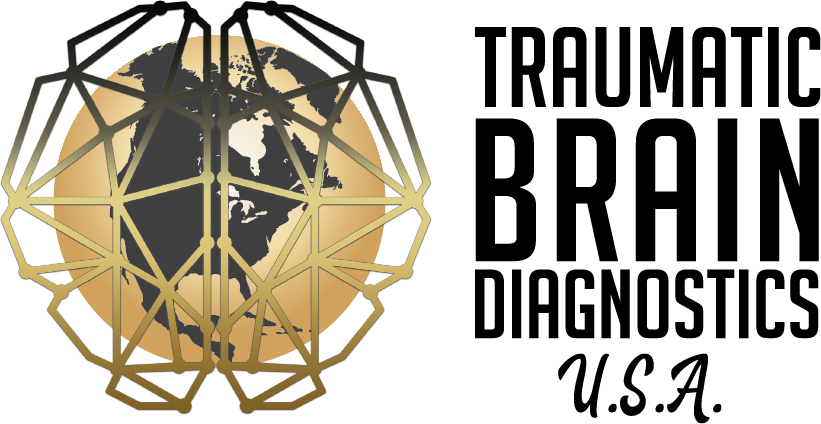What are VNG & Neurocognitive Testing?
VNG (Videonystagmography) is a technology for testing central motor functions possibly related to trauma. It is mobile and involves the use of infrared goggles to trace eye movements during visual stimulation and position changes.
Patients with dizziness are commonly difficult to diagnose. The condition of vertigo can be caused by many conditions including: vestibular disorder, neurological disorder, balance disorder, neuromuscular conditions, psychological conditions and pharmacalogical situations.
Our iVNG testing system is one of our tools that can quickly identify if the patient is suffering from either a vestibular and neurological disorder in a simple test evaluated by our Neurologist.
A neurocognitive test is a baseline test of the cognitive function or the ability to think. Experts in the neurological field have developed a balance of tests to perform after head trauma. This is commonly combined with VNG testing to get an overall picture of the potential damage from the trauma to the brain.
“Note about Concussions”
The strong forces from what sometimes may appear as a simple accident can sometimes cause a “Concussion” (mild brain injury). You may not have symptoms of a concussion right away; sometimes it may not affect you for weeks to months after the incident. However, if you notice any of the following symptoms;
• Headache
• Nausea or vomiting
• Dizziness
• Sensitivity to light or noise
• Unusual sleepiness or grogginess
• Trouble falling asleep
• Personality changes
• Vision changes
• Memory loss
• Confusion or disorientation
• Trouble walking or clumsiness
• Loss of consciousness (even for a short time)
• Inability to be awakened
Seek care immediately if you develop any of the symptoms over the next hours to days: Do not return to sports, exercise, or other activities that could result in another injury. Ask your healthcare provider when you can safely resume normal activities.
Please note during the time period that you're watching for concussion symptoms:
• Don't drink alcohol or use sedatives or other medicines that make you sleepy.
• Don't drive or operate machinery.
• Don't do anything strenuous, such as heavy lifting or straining.
• Limit tasks that require concentration. This includes reading, watching TV, using a smartphone or computer, and playing video games.

Get tested today please call us at
1-877-823-8721 to schedule your appointment.
Worried about Memory Loss?
We provide testing to detect memory lost issues along with many other Cognitive skills.
It is a fun easy way to assess your cognitive health in less than 15 minutes. Just like taking a person’s temperature or checking their blood pressure at the doctor’s office, we believe that everyone should know their cognitive health status. There is no pass or fail. You’re simply trying to measure and better understand your cognitive health.
How our Cognitive test works
• Take the test (Neurocognitive Interactive mobile games) (No wires, or cables) Assess multiple cognitive domains in just 10 minutes. We store your scores, so you can see your performance and compare over time.
• Monitor your changes Our state of the arm test tracks any changes in your memory, attention, mental flexibility, reaction time and more, connecting you and your doctor to real-time, actionable information about your cognitive health.
• Your Results The test results are easy to read all the data collected will provide insights for each cognitive domain. Your doctor will discuss your results with you and advise next recommended step. “Know the signs”
• Forgetting frequently or lack of being able to recall information such as- dates, events, even asking the same question repeatedly and not realizing it.
• Difficulty communicating- remembering words or following along in conversations.
• Disorientation- Difficulty driving, forgetting where you parked your car, getting lost and forgetting how you got there.
• Psychological changes – Like agitation, mood swings, paranoia, inappropriate behavior.
Early detection is key
With early detection you can determine the cause of impairment and address them early on. New research has found that a change in our lifestyle and activities along with our diet can not only improve brain health but prevent early onset Alzheimer’s and Dementia.
